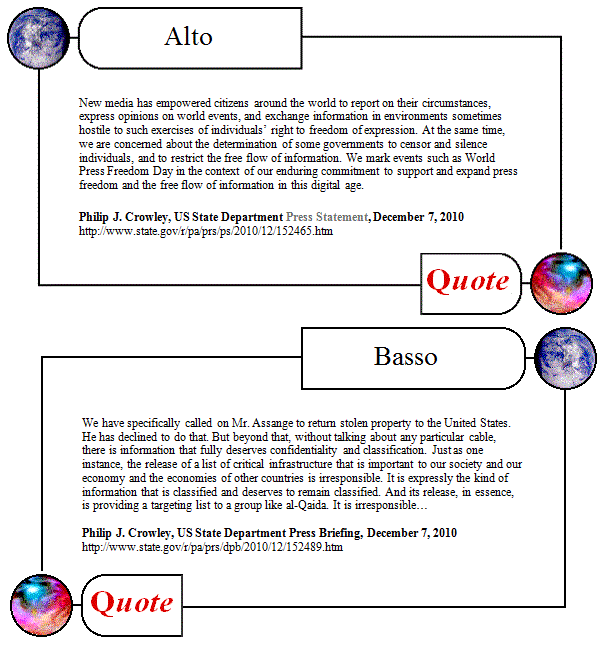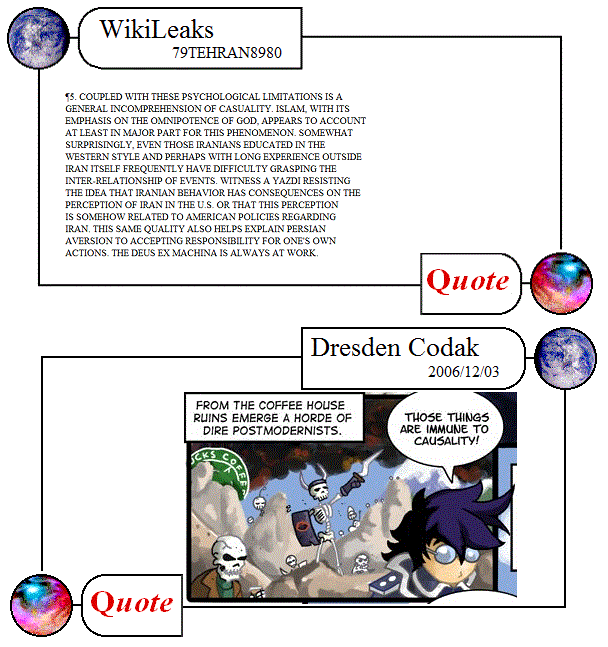Liberation under the Piven doctrine effectively becomes a choice by the serfs of which aristocracy they believe will do best by them, since worth is determined by the political process anyway. Which side do we back by our “mass actions”? Liberation becomes the process of putting the “right” people in charge of the masses. It is not — it is never — putting the masses in charge of themselves.
Why not put the masses in charge of their own lives? Because that would require facilitating innumerable transactions and contracts between individuals. That would require self-interest and economic calculation to propel the system. That would mean a market, whose job it would be for the state to keep fair, and that were too little a role for such as Piven thinks should rule the roost. Besides, we all know that markets don’t anything but swindle the poor. Markets are the reign of greed and society does so much better under the rule of enlightenment.
So put on your marching shoes and head for Washington, to put the right people in charge, and if Piven is correct, enough banging on the doors of the Capital will inevitably produce the keys to the hidden gold, which will be spent of course, in the manner Piven knows everybody would want it to be spent.
The first paragraph is an accurate restatement of one of the left’s main arguments for putting itself in charge of things. The moral and practical cases for redistribution, like other left-wing arguments, shrivel as one forces into the open their underlying assumptions and peels away layers of diversionary rhetoric. Somehow “A oppresses B” always gets interpreted to imply that a self-selected elite should tell A, B, C, D…Z how to live.
Check out the rest of Richard’s post for some classic video clips from Milton Friedman’s great series, Free to Choose.

